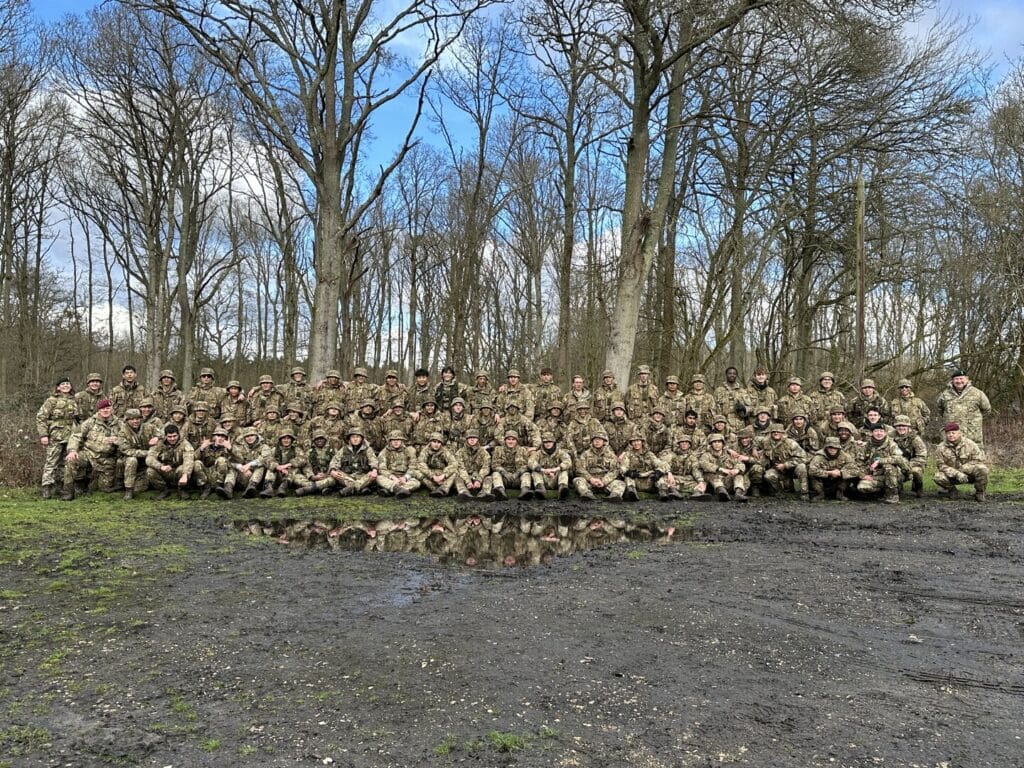Teachers strive to understand how to improve collaboration most effectively. As a teacher who actively encourages collaboration, and wanting to ensure this is done in a way which enhances teaching and learning, I decided to ask my pupils about examples when collaborative projects worked for them and they found them meaningful. These were some of their responses:
In translating Arabic: ‘I achieved a more artistic interpretation… It was beneficial to hear different opinions which in turn spawned an artistic interpretation which was better than any one of us could have come up with… It was useful to have an environment where ideas could just be bounced around, built on and improved.’
In writing a Personal Investigation: ‘talking through ideas with people in my set about the thesis of the paper was valuable… without doing this, the thesis of my paper would have been weaker.’
A problem that one cannot solve by oneself leads to the need for collaboration; effective collaboration comes from difficult questions.
In sharing a traumatic experience in a boarding house: ‘when a boy died in the year below me, the entire house spent time mourning for him. A lot of older boys didn’t really know him, but spending time together meant that his friends felt that they weren’t alone in being sad.’
In composing music: ‘I worked with another boy: combining his ability to construct and layer melodies and my rhythmic knowledge and knowledge of technology, we created what I thought was a catchy song… I think collaboration also means learning to care about something when at first you don’t care much for it.’
A problem that one cannot solve by oneself leads to the need for collaboration; effective collaboration comes from difficult questions. How often do teachers pose questions that only collaboration can solve? How often is collaboration structured into forms of assessment? How often do we design activities that lead to students amplifying each other’s skills and knowledge, personalities and emotions, forms of communication and reflection, experiences of failure and achievement? How often do we create environments in which students are encouraged to ‘lean in’ to each other, and to be interesting to each other and interested in each other? How often do we see ourselves as collaborators in the students’ efforts? How often do we ensure that the quality of feedback is such that it has to lead to a change to a student’s work and that they have to try again or adapt what they have done? How often do we allow their thoughts, feelings and perceptions to change the way that we teach and think about our subject matter? Is it possible to have a curriculum that values so-called independent thinking and collaboration?
The occasions when I have worked with colleagues to reflect on and plan curriculum design count as my most memorable examples of collaboration at Eton. They have been some of my most satisfying experiences because I have learnt from others, adapted my thinking and beliefs, and had opportunities to share my ideas and get feedback.



